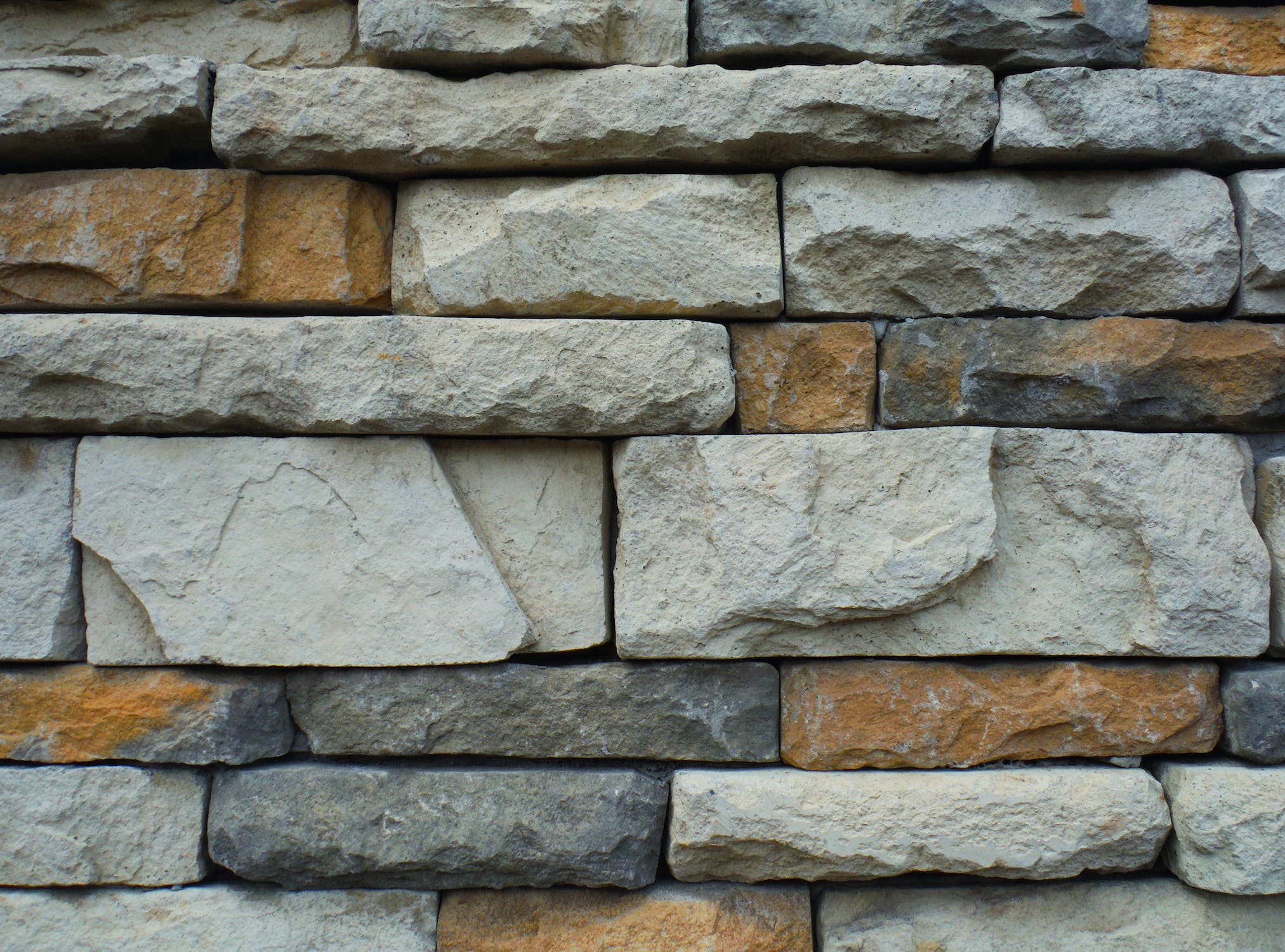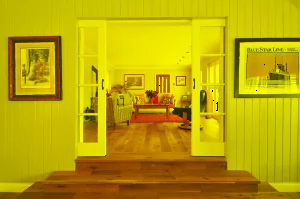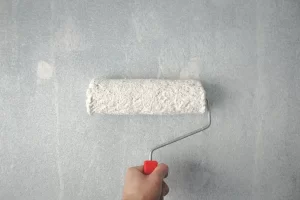Discover the power of a DIY foundation inspection to safeguard your home. In this guide, we’ll walk you through simple steps to identify potential issues early, ensuring your home’s stability and avoiding costly repairs down the line.
Foundation Inspection Basics
Start by visually inspecting your foundation for any cracks or unusual shifts. Use a flashlight to examine both the exterior and interior walls for signs of damage.
Cracks and Settlement
Pay close attention to any cracks in the foundation. Hairline cracks are normal, but wider cracks or those with a zigzag pattern might indicate settling issues that require further attention.
Exterior Grading and Drainage
Check the grading around your home. Ensure the ground slopes away from the foundation to prevent water accumulation. Poor drainage can lead to foundation problems, so address any issues promptly.
Doors and Windows Alignment
Inspect your doors and windows. If they stick or don’t close properly, it could be a sign of foundation movement. This simple check helps catch potential issues early on.
Conclusion of DIY Foundation Inspection
Conducting a DIY foundation inspection is a proactive way to maintain your home’s structural integrity. By addressing early warning signs, you can save time and money while ensuring a stable and secure living space. Regular checks contribute to the longevity of your home and provide peace of mind for you and your family.
For questions or additional guidance on your home inspection journey, feel free to reach out to Skeleton Key. Our expert team is here to assist you in ensuring your home remains a secure and stable haven.











